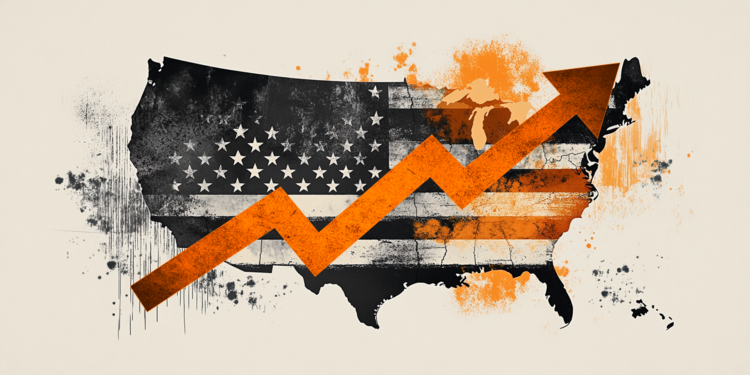Japan’s core inflation in April surpassed the central bank’s 2% target for the first time in seven years, but only thanks to rising import costs, not strong domestic demand that the central bank has been trying to revive.
Still, the 2.1% rise in the core consumer price index released on Friday (20) reinforces market skepticism that the Bank of Japan will keep its ultra-loose monetary policy, especially as households are suffering. with rising costs without substantial increases in wages.
Core inflation excludes volatile prices for fresh food, but not energy, which has soared because of the war in Ukraine. So did the costs of other commodities, which affect the prices of non-fresh food, another driver of inflation.
That is the highest level since 2015 or, excluding a mid-decade period affected by a sales tax increase, since 2008.
For years, inflation struggled to even reach 1%, despite the central bank’s efforts.
But analysts said finally surpassing the target is now not much of a cause for celebration, as energy and other commodity costs weighed on the result.
“The current price increases stem from higher import costs. If you look at the general situation, it means that inflation is a burden on businesses and on households,” said Taro Saito, a researcher at the NLI Research Institute.
“If wages were to go up, households could expect higher real incomes, but they are not going up, so households are being negatively impacted.”
Source: CNN Brasil
I am Sophia william, author of World Stock Market. I have a degree in journalism from the University of Missouri and I have worked as a reporter for several news websites. I have a passion for writing and informing people about the latest news and events happening in the world. I strive to be accurate and unbiased in my reporting, and I hope to provide readers with valuable information that they can use to make informed decisions.







